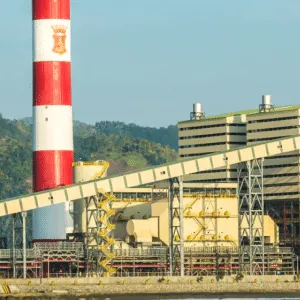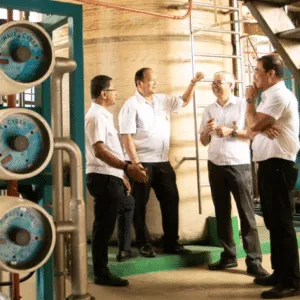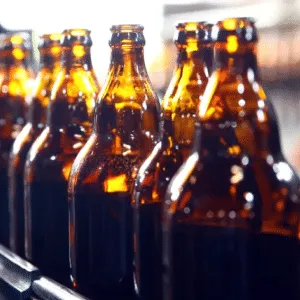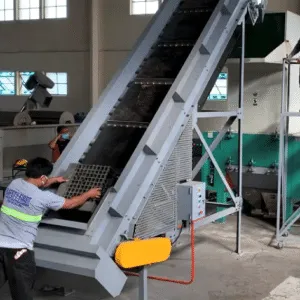Closing The Loop
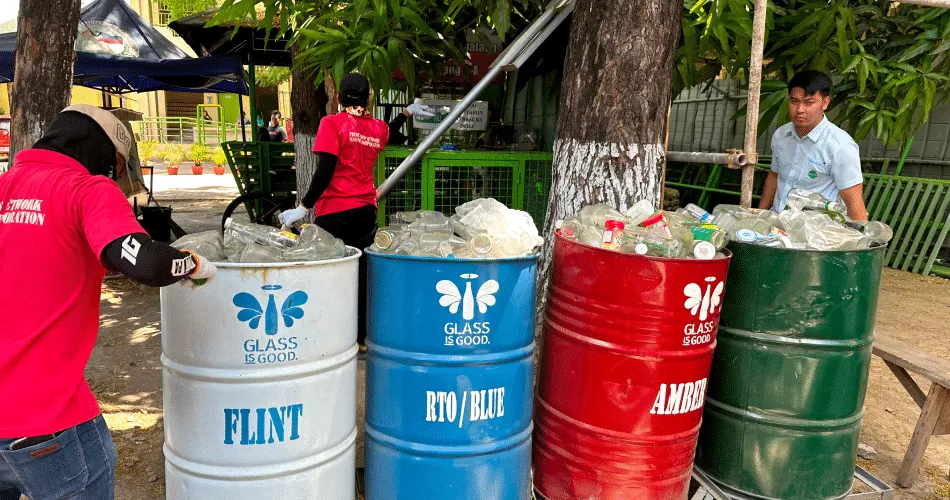
Discarded glass containers and cullets are important raw materials in a bottle-to-bottle closed loop. Glass is 100% recyclable, nonporous, and impermeable, which means it can be perpetually recycled without any real loss of quality. However, despite this, the Philippines has only managed to recycle around 40% of its glass, lagging behind other countries like Spain, Belgium, and Switzerland, which have achieved recycling rates from 73% to as high as 90%.
This is a challenge not only for the country but also for the packaging industry, a challenge which SMYPC has accepted through its long-standing and thriving practice of adopting a circular economy approach in its business model and operations.
SMYPC engages with customers and key partners to return used glass containers for recycling. The bulk of its collected glass materials come from major beverage customers, as its supply contracts include the return of up to 100% of the customers’ used glass containers. In 2022, two major customers turned over 100% of their used glass containers to SMYPC.
Another initiative of SMYPC on circularity is the Balik Bote Program, which promotes the return of identified glass bottles and containers, including broken glass known as cullets, to SMYPC’s glass plants.
In 2022, SMYPC intensified its support of the Balik Bote Program by launching an information and education campaign to encourage the mindset and behavior of segregating and cleaning at source or at the household level. This campaign was done in partnership with the local communities where SMYPC operates. Core programs were implemented in its own facilities, with major LGUs, and with participating schools.
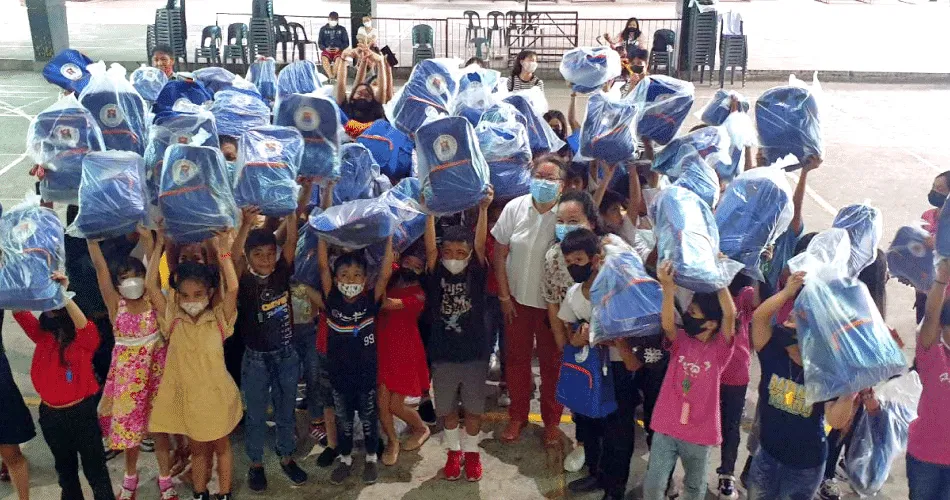
Balik Bote with LGUs began in July 2022 with one of the major cities in Metro Manila. SMYPC partnered with a waste management solutions organization to expand the city’s waste management program by adding glass to their recoverable and recyclable materials portfolio. SMYPC also initiated an information campaign to instill the discipline of segregating and cleaning at the household level. Through this, SMYPC was able to significantly increase awareness on the recyclability of glass and expand its area of coverage by setting up collection sites in LGUs within the NCR.
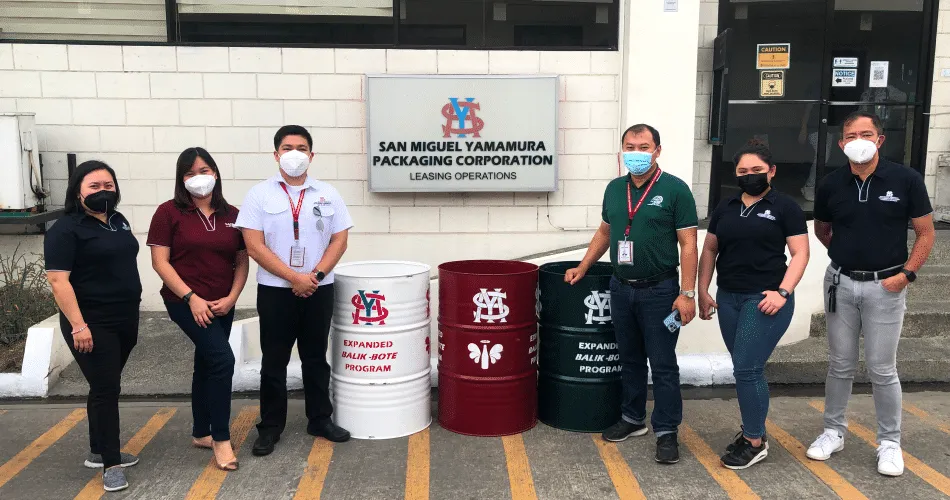
SMYPC also spearheaded the Balik Bote Program in its own facilities. With the program already deeply integrated into the culture of SMY Glass Plant where it has been implemented for decades, the program was expanded to other non-glass manufacturing facilities of SMYPC in Cavite and Laguna, as well as to communities and public schools near their areas of operation.
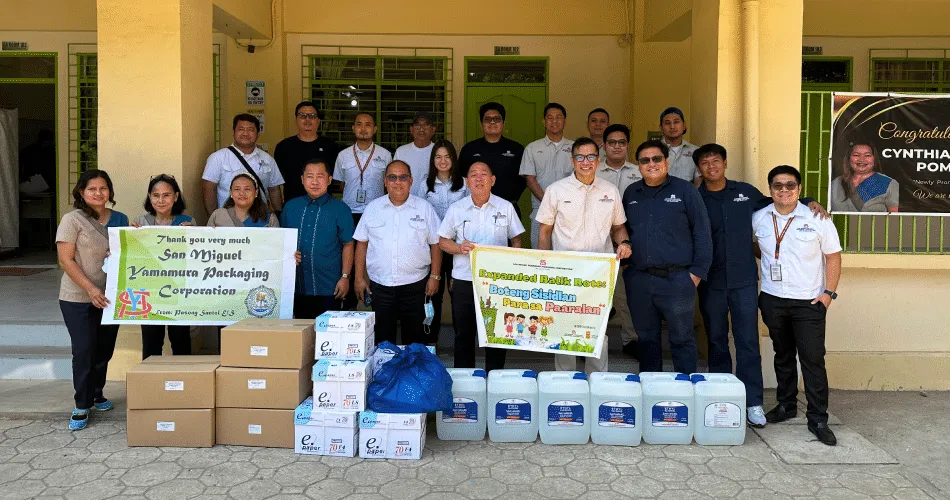
To encourage participation from these communities and schools, SMYPC provides an incentive in the form of school and office equipment and supplies, based on a proportionate amount of recyclables collected throughout the year. This has resulted in a combined collection volume of 34 MT in 2022, a 52% increase from the previous year in 2021.
To date, SMYPC has recovered a total of 137,000 MT of discarded glass containers through its circular initiatives in 2022, and it continues to work with partner communities and stakeholders to further increase used bottle collection and bring the Philippines on par with leading countries in glass recycling.
